Space mission development
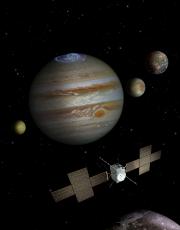
BIRA-IASB was in charge of the electro-optical characterization of the MAJIS flight model detector, which extends to the visible and near-infrared (VIS-NIR) channel.
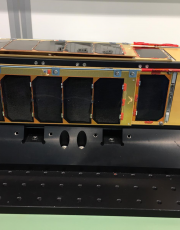
The two onboard instruments serve as successful proofs-of-concept for providing scientific measurements delivered using CubeSat technology.
Micro-satellite dedicated to the monitoring of stratospheric ozone and other atmospheric trace gases that affect air quality and climate.
In the recent rush to the Moon space agencies plan to build a small space station in lunar orbit. BIRA-IASB examines whether this would be a good place to host scientific instruments for space plasma physics.
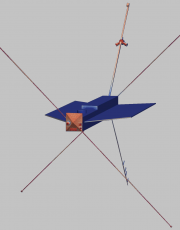
The Daedalus mission intends to study the Earth’s upper atmosphere and lower ionosphere by diving deep into the atmosphere at the perigee of its orbit.
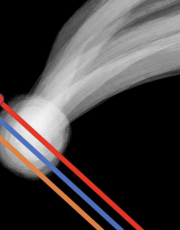
In the context of ESA’s Comet Interceptor mission aiming at a comet flyby, BIRA-IASB has designed and built a combined electric and magnetic field sensor.
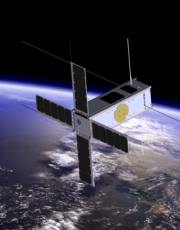
PICASSO is a low-cost satellite that will retrieve the ozone distribution in the stratosphere, the temperature profile up to the mesosphere, and the electronic density and temperature in the ionosphere.
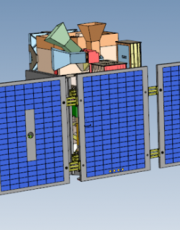
ALTIUS is a satellite instrument that will measure global altitude-resolved concentration profiles for a number of atmospheric species in the domain of stratospheric depletion of ozone and climate change by greenhouse gases.
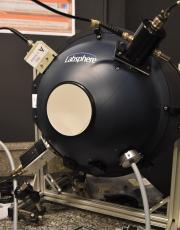
Science mission to explore Jupiter and three of its largest moons. Scientists and engineers focus on the assembly and alignment of detecting devices operating at low temperature.
